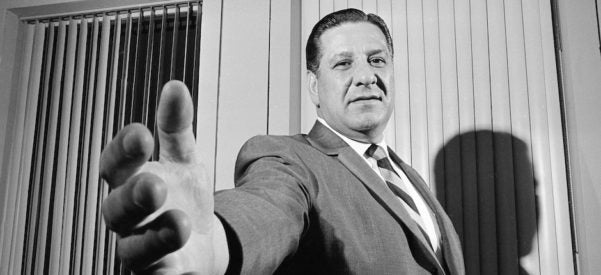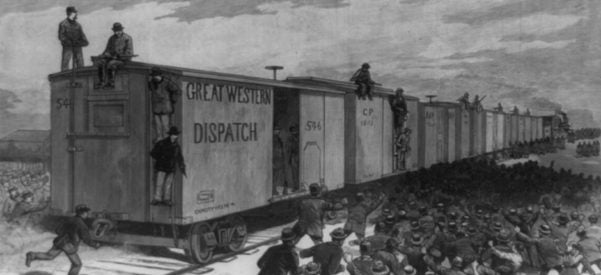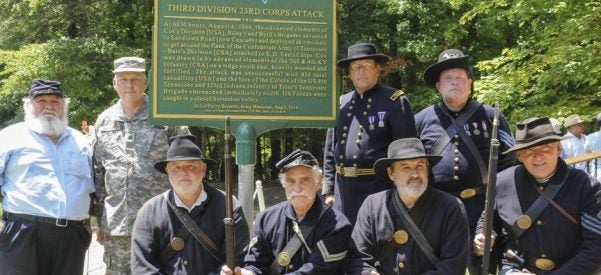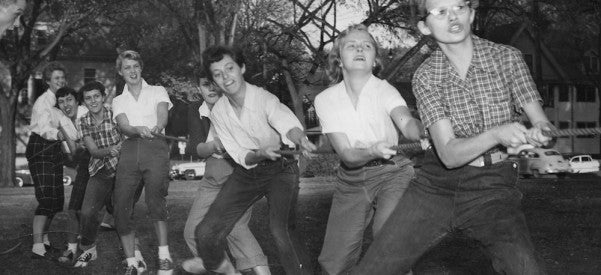Explore
: what it means to be america
From 1972 to 1980, Frank Rizzo Led a Blue-Collar Backlash Against Civil Rights—in the Guise of Law-and-Order
by Timothy J. Lombardo
September 26, 2019
Philadelphia’s City Hall was the largest municipal building in the United States when it opened in 1901. Its most outstanding feature towered 548 feet above the street below: a 37-foot-tall statue of William Penn, keeping watch over the city he founded. For most of the 20th century, the tip of Penn’s cap was the tallest point in what once was the fourth largest city in the country.
The grand building, with its elaborate stonework, also provided a fitting home for …
Read More >
In 1888, Small Farmers, Sharecroppers, and Industrial Workers Organized to Fight Inequality
by Matthew Hild
February 28, 2019
Today, when Americans think about the tradition of political protest to protect democracy, they often recall the mid-20th century, when millions of Americans participated in the civil rights movement and protests against the Vietnam War. But the roots of American grassroots political activism actually date back further to movements that contested the most basic democratic rights in the South during the late 19th century.
One place to see those roots is in the Gilded Age politics of Arkansas, then a hotbed …
Read More >
Acknowledging Tragic Loss on All Sides Could Begin a Process of Reconciliation
By David Goldfield
October 30, 2017
It began as a loving effort to heal the South’s wounds, to properly mourn the young men who gave their lives for a lost cause, and to extract dignity from the humiliation of defeat.
Immediately after the Civil War ended, the white women of the South went to work. They tended graves, erected modest monuments, and followed former president Jefferson Davis’ plea to “keep the memory of our heroes green.” The South had lost one-third of its white male …
Read More >
Hint: It's All About Freedom
By Deirdre Clemente
August 7, 2015
I study one of the most profound cultural changes of the 20th century: the rise of casual dress. I study casual dress as it evolved on the beaches of Miami. I study casual dress as worn by the Black Panthers and by Princeton undergraduates. As a professor, I teach seminars on material culture and direct graduate students as they research and curate costume exhibitions, but my bread-and-butter as a scholar is the “why” and “when” our sartorial standards went from …
Read More >





